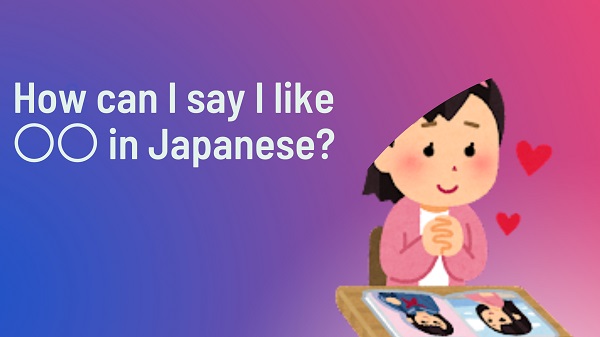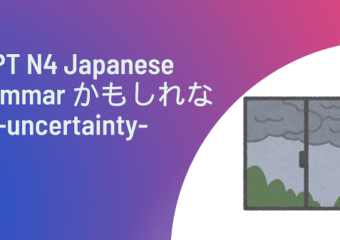How can you say I like ○○ in Japanese?
In this article, I teach you expressions about like and love.
すき

When I say I like 〇〇, I would say ○○がすきです。
N1は N2が すきです。
N1 is subject and N2 is object.
I like cars.
Remember that “Like” is a verb, but すき is ナ adjective.
If you don’t know what ナ adjective is, please read this article.
Learning Japanese grammar-adjectives conjugation
negative form

If you don’t like something, you can say すきでは(じゃ)ありません or すきでは(じゃ)ないです。
You can also use きらいです. (This is ナ adjective too)
However, きらいです is very strong, so すきじゃないです or すきではありません are often used when speaking.
I don’t like tomatoes.
I don’t like tomatoes.
I don’t like tomatoes.
※きらいではありません means I can’t say I like it, but that doesn’t mean I hate it.
I don’t say I like a dog, but it doesn’t mean I hate it.
question form
すき is ナ adjective, so we use ですか.
はい、すきです。いいえ、すきではありません。or いいえ、すきじゃないです。
Do you like tomatoes?
Yes, I do. No, I don’t.
We say なにが すき ですか or すきな ○○は なんですか。
What colour do you like?
だいすき
If you really like something, you could say ○○がだいすき.
N1はN2がだいすきです。
I love ice cream.
If you hate something, you could say ○○がだいきらいです。
I hate bugs.
If you love ice cream, you would say わたしは アイスクリームが だいすきです。
When you look up love in a dictionary, it may say あいする.
However, we never say わたしは アイスクリームを あいしています。
It’s very weird.
あいしている is very strong and heavy.
“I love you” is common phrase in English, but “わたしはあなたをあいしています” is not common.
It’s rarely used even among couples.
(Recently, some couples have started to use it though.)
This is just a bit of trivia.
About 150 years ago, the word (love) came to Japan.
Translators struggled to translate the word into Japanese because あい is not as common a word as it is now.
What were their thoughts while trying to translate this new word?
Futabatei Shimei translated the word as しんでもいいわ.
It means that I would die for you.
Natsume Souseki translated the word as きょうの つきは きれいですね。
It means that today’s moon is so beautiful, isn’t it?
Do you understand what they mean?
Japanese people don’t express their feelings directly.
They express their feelings euphemistically.
When you learn a language, it’s also good to learn some of the culture too.
If you have questions, please comment below.
If you’d like to learn more Japanese, please feel free to contact me.
I teach Japanese in-person or online.
You can also learn Japanese on my Instagram page.



